Keywords: Soldiers
There are more than 200 results, only the first 200 are displayed here.
-

ARTS AND CULTURE
- Tim Kroenert
- 26 March 2015
2 Comments
At the height of the Troubles in Belfast, a young British soldier becomes separated from his unit and spends a night lost in one of the city's most dangerous locales. The city is fractured along numerous lines: it's not merely Catholic versus Protestant; the radicalised youths of the Provisional IRA are at odds with their established forebears. Rarely have the Troubles been so grippingly portrayed.
READ MORE 
-
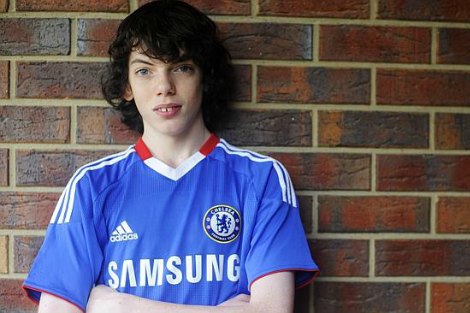
ARTS AND CULTURE
- Ellena Savage
- 20 March 2015
13 Comments
The language of martyrdom is being used to recruit young Australians to brutal stateless warfare. Because martyrs are morally superior to suburban burnouts. IS propagandist Abu Ismail described Melburnian Jake Bilardi as 'a lion on the battlefield although he was at a young age and with a weak body'. So, Bilardi was a weak young lion and therefore ripe for battle. How obscene!
READ MORE 
-
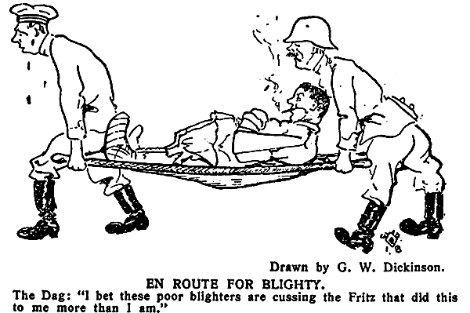
ARTS AND CULTURE
- Gillian Bouras
- 17 December 2014
9 Comments
A soldier's life is usually one of bursts of brief action followed by extended periods of drudgery and boredom, and never was this more true than during this dreadful war of attrition that dragged on apparently interminably between 1914 and 1918. A book titled Aussie was published in 1920 as a bound collection of AIF soldiers’ own paper of the battlefield, wholly written, illustrated and printed in the field.
READ MORE 
-
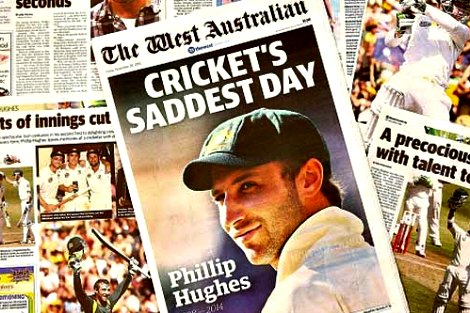
AUSTRALIA
- Andrew Hamilton
- 11 December 2014
11 Comments
Hughes' death became a media event. Media analysis of death and grieving makes it more difficult to respond simply and naturally because we are made self-conscious, aware of what we are doing and how it might be seen by others. It affects the intimate connections associated with grieving, as well as our ability to be touched by hope. A specificity that only exacerbates loss.
READ MORE 
-
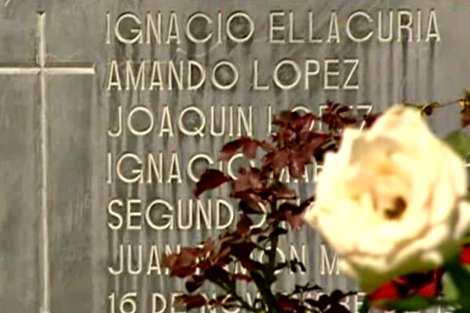
AUSTRALIA
- Andrew Hamilton
- 13 November 2014
13 Comments
Before the killing of five Jesuits and two of their employees in San Salvador exactly 25 years ago, the Jesuits had been advised to hide from the death squads. They decided it would be safe to stay at the University because it was surrounded by the army. But it was an elite army squadron that had been entrusted to kill them. The Salvadorean defence minister later described the decision to kill the Jesuits as the most stupid thing the Government had done.
READ MORE 
-
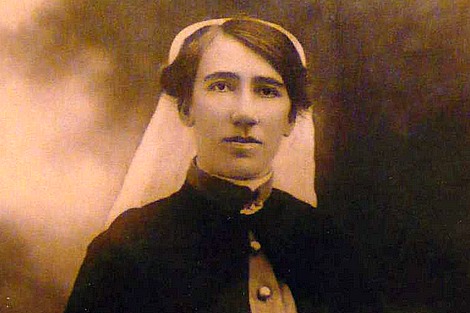
ARTS AND CULTURE
- Robyn Rowland
- 14 October 2014
8 Comments
Muriel Wakeford was stunned to see the ocean suddenly scarlet, a shoal of new-mown corpses that lay face-down in the sea. She saw what few steps most men managed before a grey hail began dropping them like insects sprayed.
READ MORE 
-
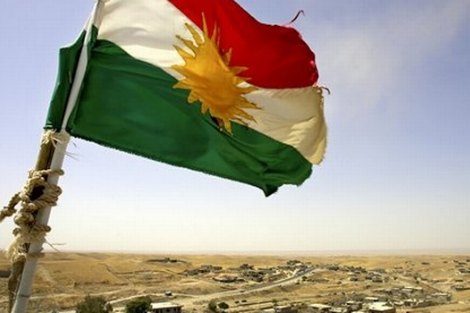
INTERNATIONAL
- William Gourlay
- 23 September 2014
6 Comments
Turkey and Iran, the two major regional powers against whose borders ISIS jostles, have, each for their own reasons, declined to participate militarily in President Obama's action against ISIS. The likelihood or benefits of working in concert with Iran can be debated long and hard, but in the meantime the Kurds clearly emerge as the immediate go-to allies. Positioning them as such, and arming them, will change the dynamics of the region.
READ MORE 
-
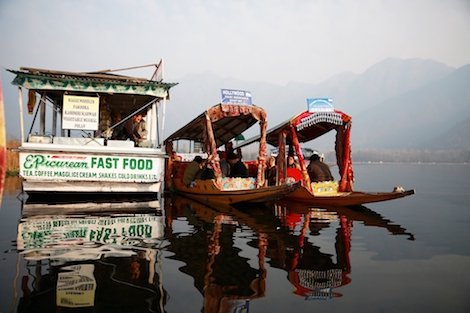
INTERNATIONAL
- Catherine Marshall
- 19 September 2014
2 Comments
Peace has come to Kashmir, but it’s a tentative, fragile peace. My guide Younis swiftly apprises me of the virtues of his homeland: ‘Pakistan wants Kashmir, China wants Kashmir, India wants Kashmir. It is a very beautiful place and here we have [so much]: electricity grids, land, fruits.’ He pauses, then says, ‘But nobody likes Kashmiris.’
READ MORE 
-
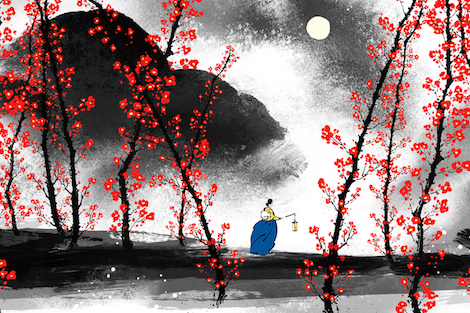
ARTS AND CULTURE
- Xiao Xiao
- 16 September 2014
2 Comments
The woman from the provinces must have disturbed someone. Listen: the noise from below the Square. Countless faces aslant, breathing heavily. Rusting in the shell of broken words.
READ MORE 
-
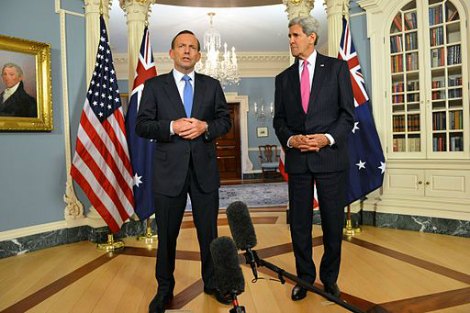
INTERNATIONAL
- Tony Kevin
- 12 September 2014
11 Comments
Since Richard Casey was External Affairs Minister in the 1950s, the three pillars of Australian foreign policy have been: a genuine reaching out to our Asian neighbours, adherence to UN-based multilateral values and institutions, and a firm but self-respecting defence partnership with the United States. All those pillars look pretty shaken now.
READ MORE 
-
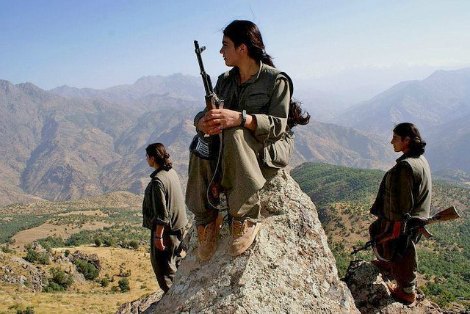
INTERNATIONAL
- Binoy Kampmark
- 05 September 2014
4 Comments
A debate about arming, and reinforcing the Kurds, is not an open and shut case. European powers and the United States draw the false distinction that there are good Islamic militants and bad ones, with the bad ones supposedly against the Western military program. The game of backing and supporting misunderstood – and dangerous – groups persists.
READ MORE 
-
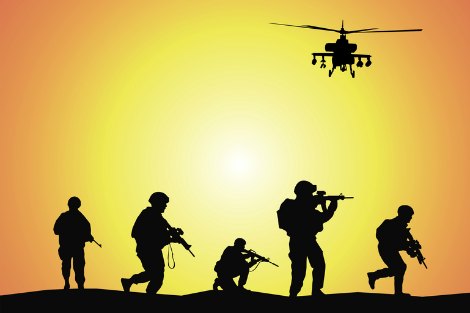
INTERNATIONAL
- Andrew Hamilton
- 28 August 2014
19 Comments
The vagueness of what is envisaged in the call for military action against the Islamic State makes it difficult to establish whether the harm caused would be proportionate to the good achieved.The record is not good suggesting strongly that Western military intervention will make things worse.
READ MORE 